
The FDA recently approved wearable cardioverter defibrillators for patients at high risk for sudden cardiac arrest who also lack established indications for an implanted cardioverter defibrillator.

The FDA recently approved wearable cardioverter defibrillators for patients at high risk for sudden cardiac arrest who also lack established indications for an implanted cardioverter defibrillator.

Pharmacists recommend an annual flu vaccine to protect patients against influenza-related morbidity and mortality, but do we follow our own advice?

School-based health services provide critical preventive care for adolescents, especially in poor and diverse communities.

Pharmacist vaccination programs have increased influenza vaccination coverage.

Pharmacists can now administer most vaccines in community pharmacies in most states, including those requiring a multidose series.

Supplemental coenzyme Q10 may be a management option for patients with heart failure.
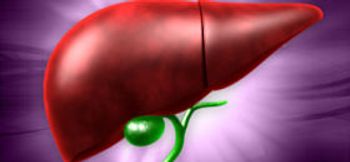
Nonalcoholic fatty liver disease is an increasingly common cause of chronic liver disease that can progress to nonalcoholic steatohepatitis.

There are fewer micronutrient deficiencies among gastric bypass patients than previously indicated.

Infectious disease forecasting is an emerging area for flu season public health effort planning and response.

The crackdown on opioid abuse has prompted increased heroin use in communities across the United States.

HIV-infected patients are 4 times more likely to develop type 2 diabetes than uninfected individuals.

Neuraminidase inhibitors are important tools when influenza strikes and epidemics develop.

Acute HIV infection describes the initial period of high viral load after exposure, but before seroconversion.
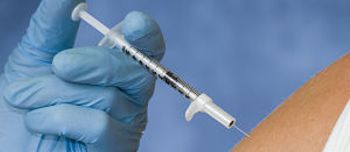
Health care providers often frame their immunization promotions by explaining that vaccination protects the individual.

A recent study indicates that impressions of breakthrough pain differ between patients and providers.

Cough is the most aggravating late-stage cold symptom.

Frequent CD4 cell monitoring is unnecessary in well-controlled HIV-positive patients, new study results suggest.

Once patients need specialized pain care, approximately 90% of them will receive opioids.

Older patients' medications tend to multiply like weeds in a garden. As a result, there's been increased attention on deprescribing, the process of withdrawing an inappropriate medication under the supervision of a health care professional with the goal of managing polypharmacy and improving outcomes.

Health care delivery must change to meet the increasing demands for conservative stewardship in spending.

Novel prevention methods can help reduce the 45,000 new cases of HIV that occur in the United States annually.

The No. 1 cause of death, cardiovascular disease, is preventable.

All pregnant women, plus those planning to become pregnant during the influenza season, should receive an inactivated influenza vaccine, according to the American College of Obstetricians and Gynecologists and the CDC's Advisory Committee on Immunization Practices.

The 2015-2016 influenza season was remarkably mild compared to the previous 3 flu seasons.

HIV-positive patients have a higher risk of cardiovascular disease, along with higher rates of hypertension.
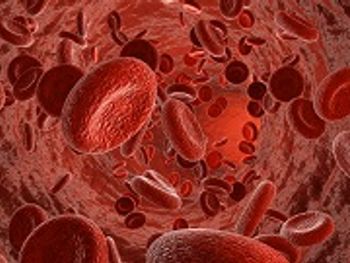
Pain can activate the sympathetic nervous system and cause diaphoresis, weakness, light-headedness, and palpitations in patients with myocardial infarction.
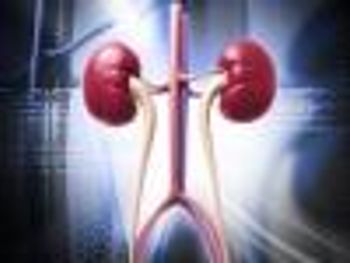
HIV-positive patients experience 4 times more chronic kidney disease cases than HIV-negative patients.
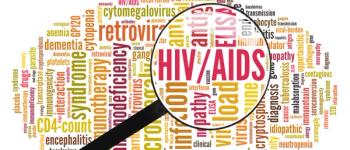
HIV-positive patients carry a heavy burden.
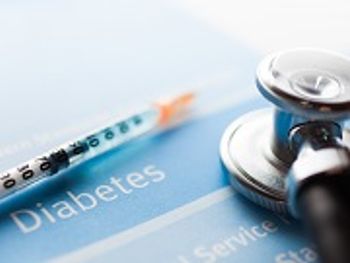
Metformin has been found to reduce the need for insulin in diabetics.
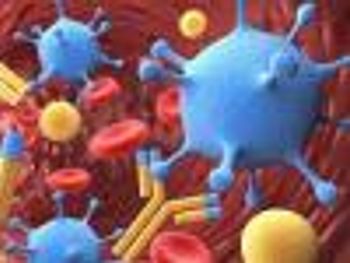
Pharmacists can manage HIV comorbid conditions, produce cost savings, reduce drug interactions, and expedite viral load suppression.